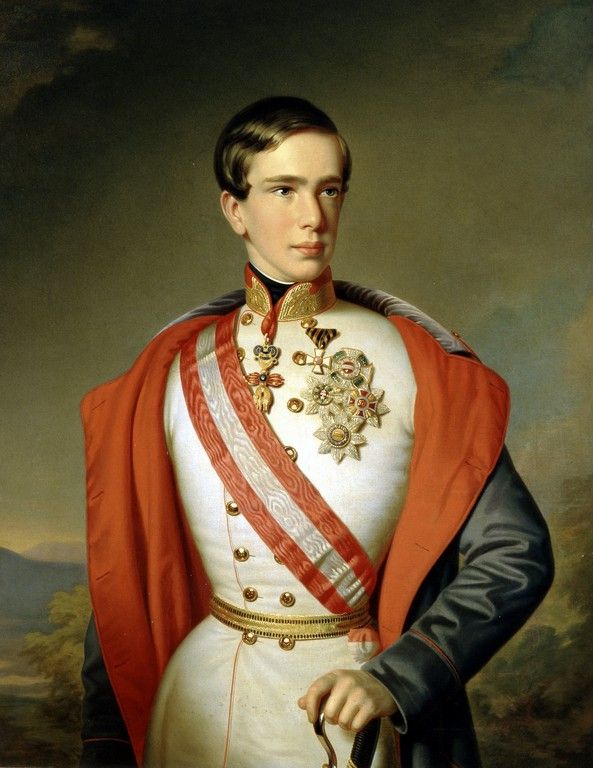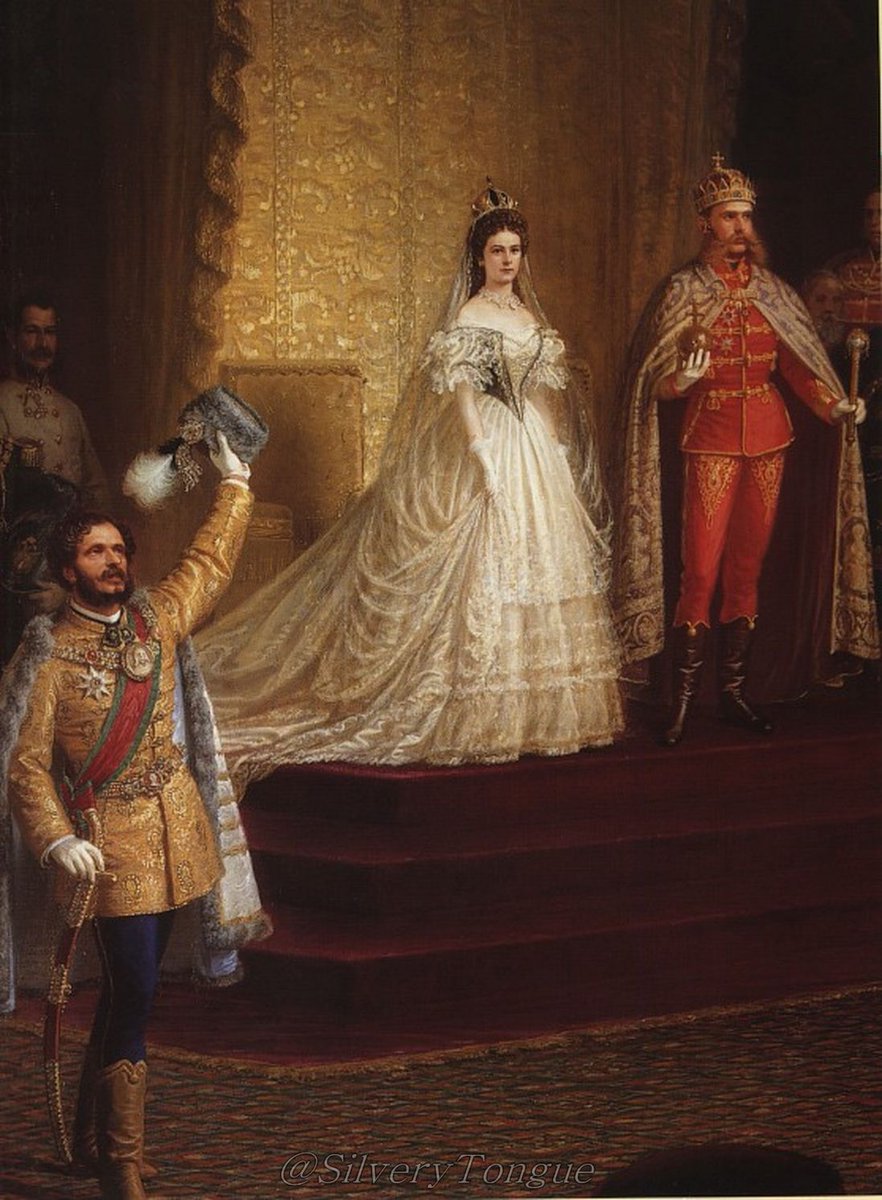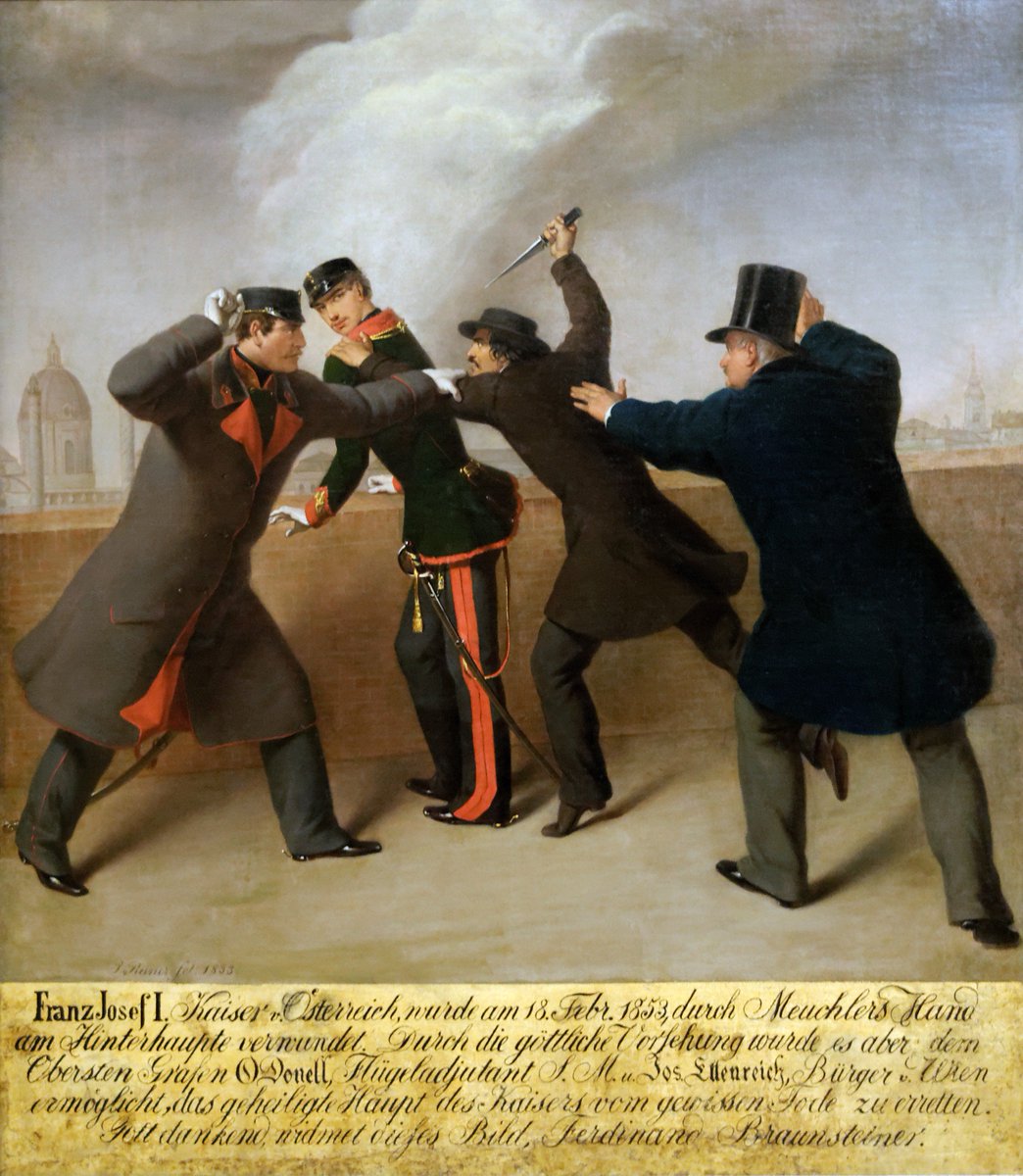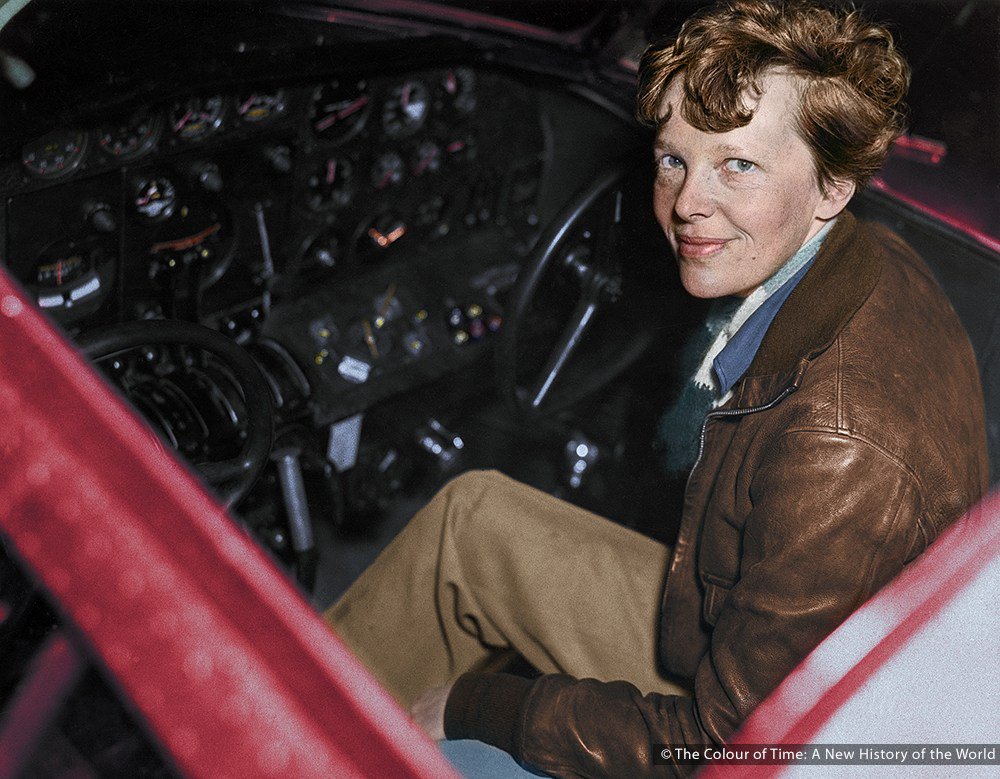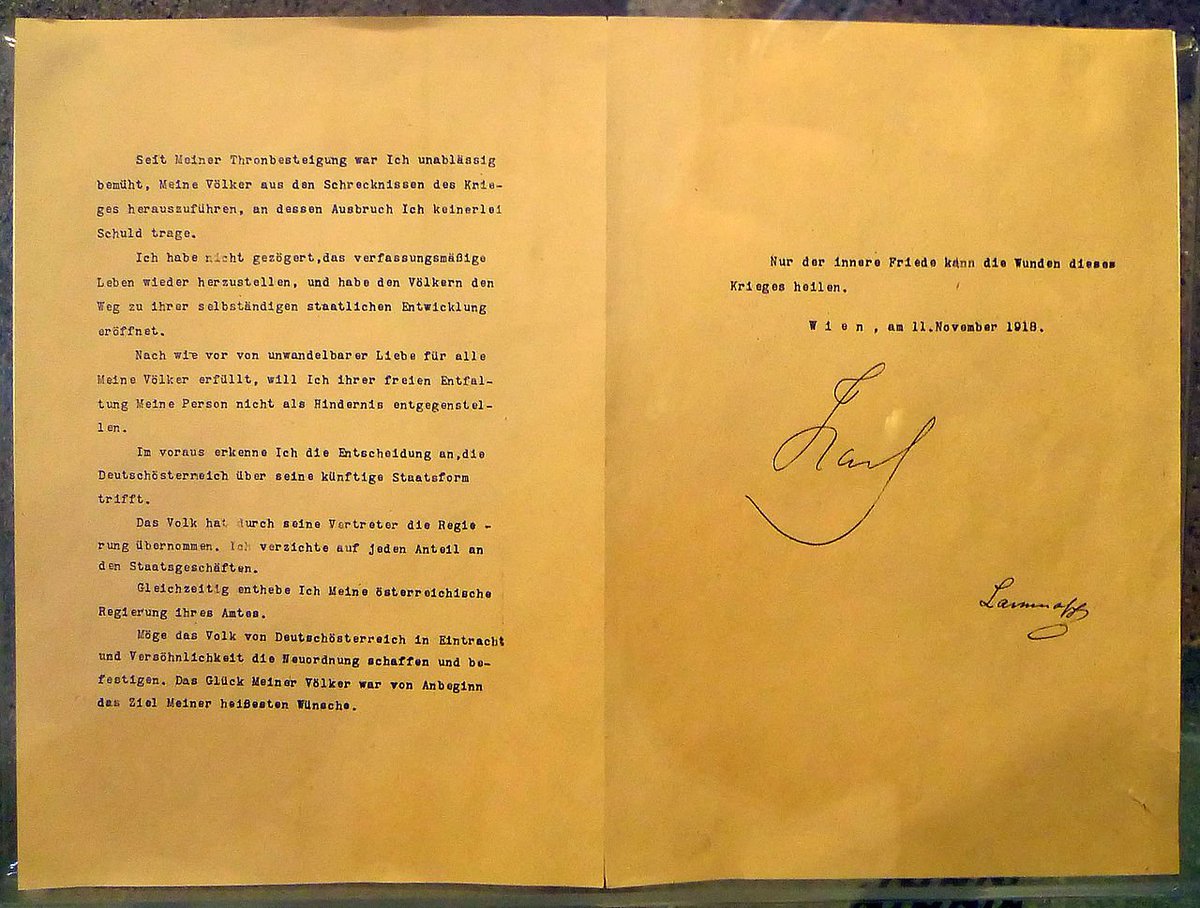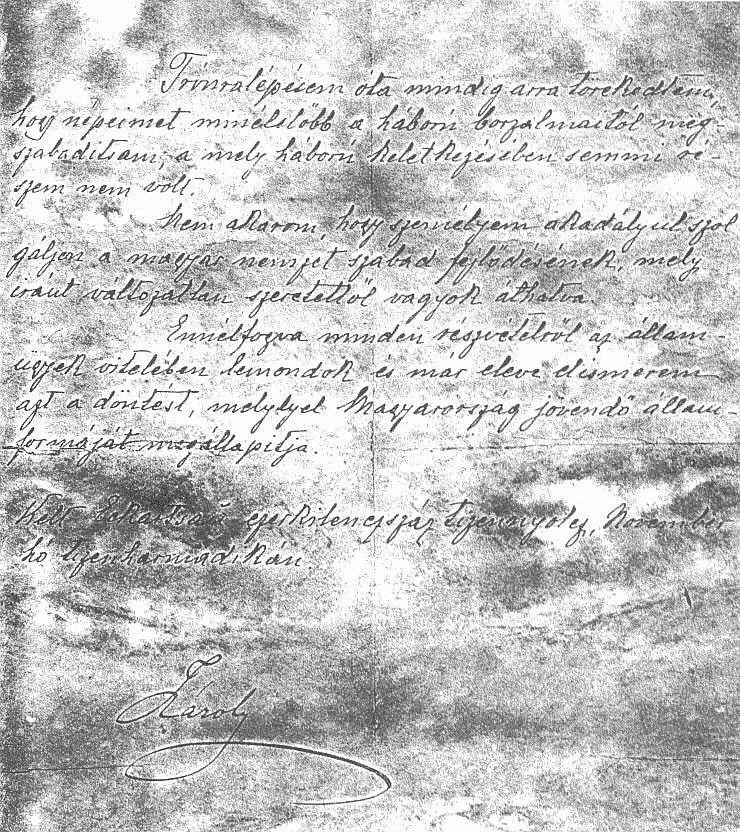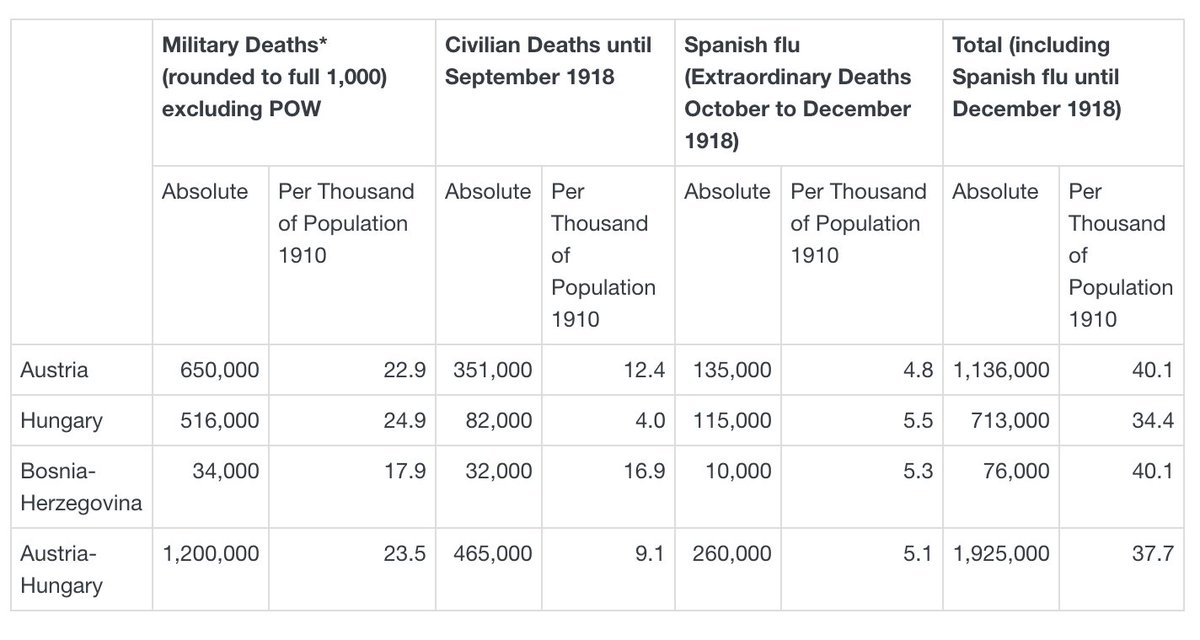After this unsuccessful attack, the Emperor's brother called upon Europe's royal families for donations to construct a new church on the site of the attack.
Political difficulties in Austria mounted continuously through the late 19th century and into the 20th century.
The champions of a lesser Germany argued against the inclusion of Austria on the grounds that it was a multi-nation state, not a German one, and that its inclusion would bring millions of non-Germans into the German nation-state.
The emperor admitted, regarding the assassination: "For me, it is a relief from a great worry."


